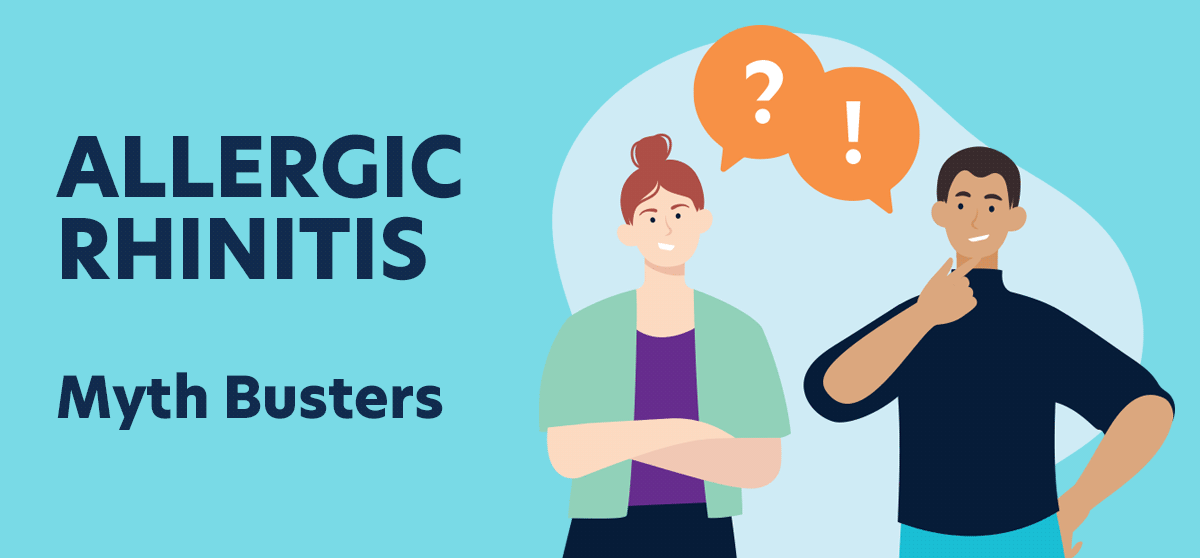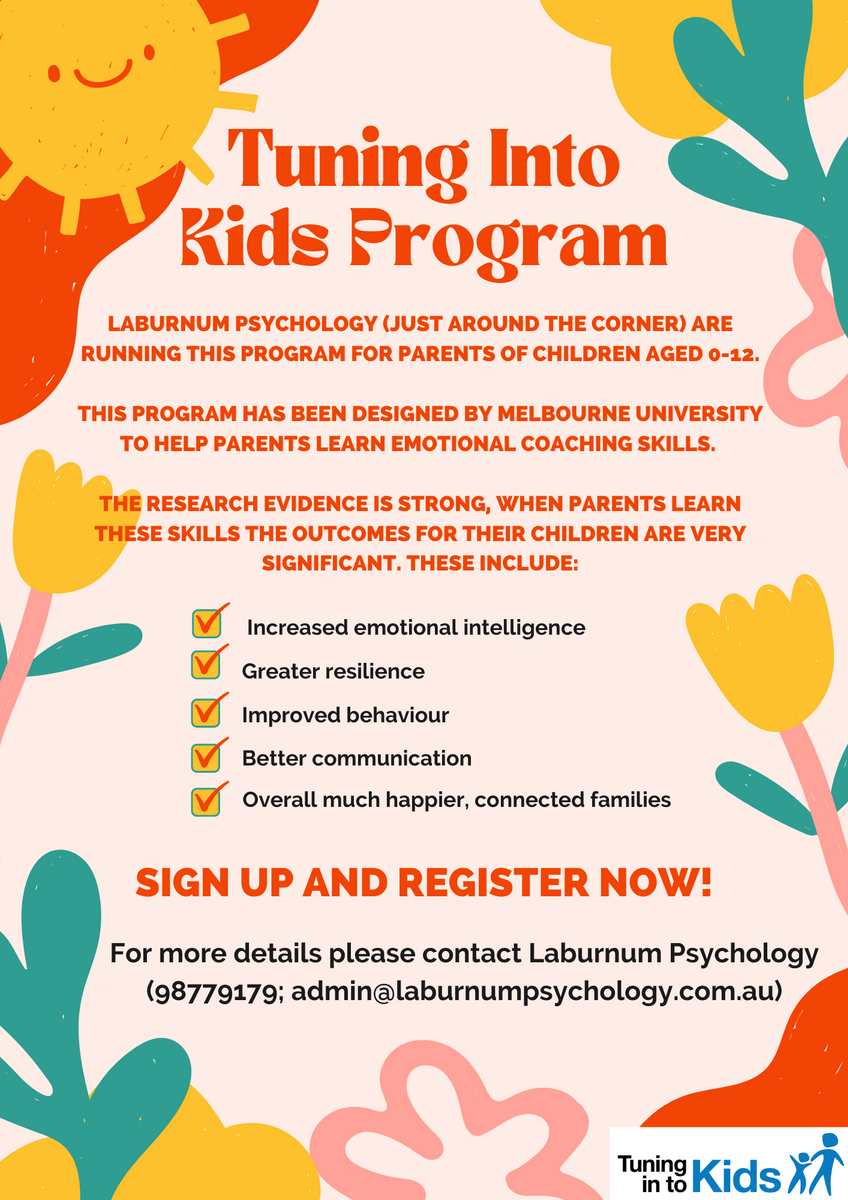Health & Wellness

Myth 1 – antihistamine tablets/syrup are the most effective treatment for allergic rhinitis.
This is only true for people with mild allergic rhinitis.
If you only have mild allergic rhinitis every now and then, you will probably find that your symptoms settle down with antihistamine tablets/syrup. However, if you experience symptoms that are persistent or moderate/severe, you will need a preventative steroid nasal spray.
Nasal sprays containing steroids are the most effective treatment for allergic rhinitis, however they take about a week to start reducing your symptoms and are not effective if you don’t use them every day. They need to be used regularly and often for a long period of time.
Remember that good control of your allergic rhinitis symptoms with your steroid nasal spray will also help your allergic conjunctivitis symptoms
Allergy & Anaphylaxis Australia has many resources and practical information to help you manage your allergic rhinitis.
Myth 2 – I should wait until I have symptoms of allergic rhinitis before I use my steroid nasal spray.
This is not true!
Many people fall into this trap. Nasal sprays containing steroids are the most effective treatment for allergic rhinitis, however they take about a week to start reducing your symptoms and are not effective if you don’t use them every day. They need to be used regularly and often for a long period of time.
If you usually get persistent or moderate/severe allergic rhinitis due to pollen in Spring, you should start using your steroid nasal spray a few weeks before your symptoms usually begin and keep using it every day until after the pollen season is over.
If your allergic rhinitis is due to pets, mould or dust mites, you probably have symptoms all year round. Your doctor or pharmacist is likely to advise you to use your steroid nasal spray every day of the year.
Think of your steroid nasal spray as a preventer to help prevent allergic rhinitis symptoms.
Sometimes a steroid nasal spray won’t be enough to prevent symptoms. Often, your doctor or pharmacist will advise you to add in treatments such as antihistamine tablets or syrup, an antihistamine nasal spray, or antihistamine eye drops to help settle your symptoms. Antihistamine eye drops usually work better than antihistamine tablets or syrup to treat allergic conjunctivitis symptoms.
Myth 3 – there is nothing I can do to reduce or prevent my allergic rhinitis or allergic conjunctivitis symptoms.
This is not necessarily true.
Allergic rhinitis is caused by the body’s immune system reacting to common allergens in the environment such as pollen, dust mite, moulds and animal dander (skin cells and fur). Your doctor will be able to identify which allergens are triggering your allergic rhinitis through blood tests or skin prick testing. Once the allergen(s) causing the allergic rhinitis is confirmed, reducing your exposure to the allergen(s) may help to reduce symptoms.
Some of these measures are simple such as washing your bed sheets weekly in a hot wash to reduce dust mite or staying indoors on a windy day to reduce pollen exposure. Others are costly and time consuming (such as removing carpet from the bedroom to reduce dust mite) and therefore should only be done if recommended by your doctor after testing to see what is causing your symptoms. The doctor’s advice will also depend on how severe your allergic rhinitis is.
Myth 4 – steroid nasal sprays and antihistamines are the only treatment options for allergic rhinitis.
This is not the case at all. Allergen Immunotherapy (AIT), also known as desensitisation, is available to treat allergic rhinitis that has not responded well to steroid nasal spray treatment.
AIT has been used for over 100 years and is a proven treatment providing long-term relief for allergic rhinitis. The aim of AIT is to help people react less to their trigger allergen(s) that cause symptoms (such as grass pollen or dust mite). This means having no or less symptoms and a better quality of life.
AIT can only be prescribed by a clinical immunology/allergy specialist so you will need a referral from your GP. This treatment usually starts to work within a few months but must continue for three to five years. It is available as injections given weekly to monthly or as daily drops/wafer/tablet to be placed under the tongue.
After a full course of treatment, many people are less reactive to the trigger allergen such as dust mite or grass pollen, with less or no symptoms. The benefit of this treatment has been shown to last several years in a number of studies. AIT can also help reduce symptoms of allergic conjunctivitis (eye allergy).
Resources:
Allergy & Anaphylaxis Australia
What is Allergic Rhinitis (Hayfever): video
How to use a nasal spray: infographic
Allergic Rhinitis (Hayfever) information
Melbourne Pollen Count & Forecast


